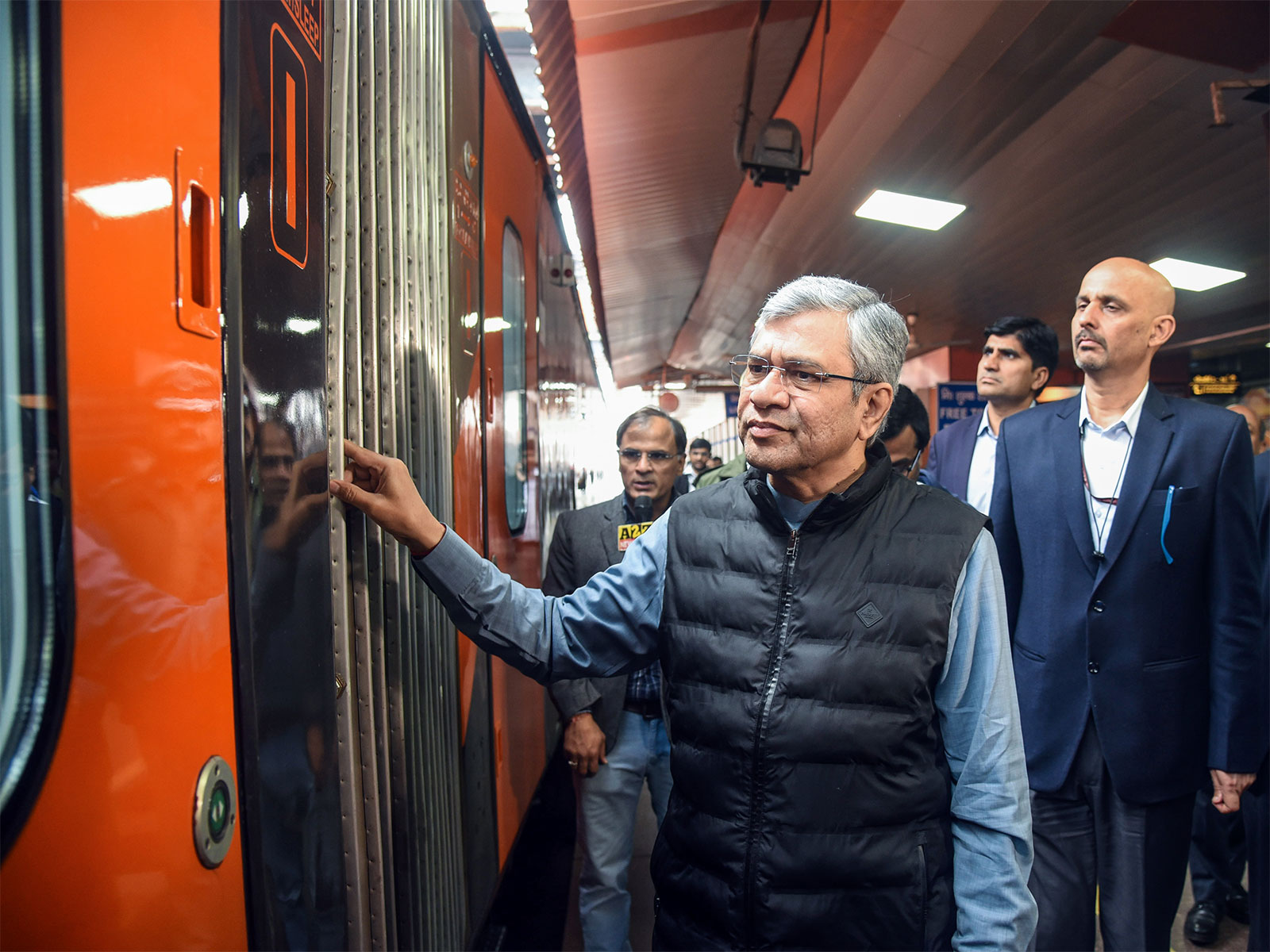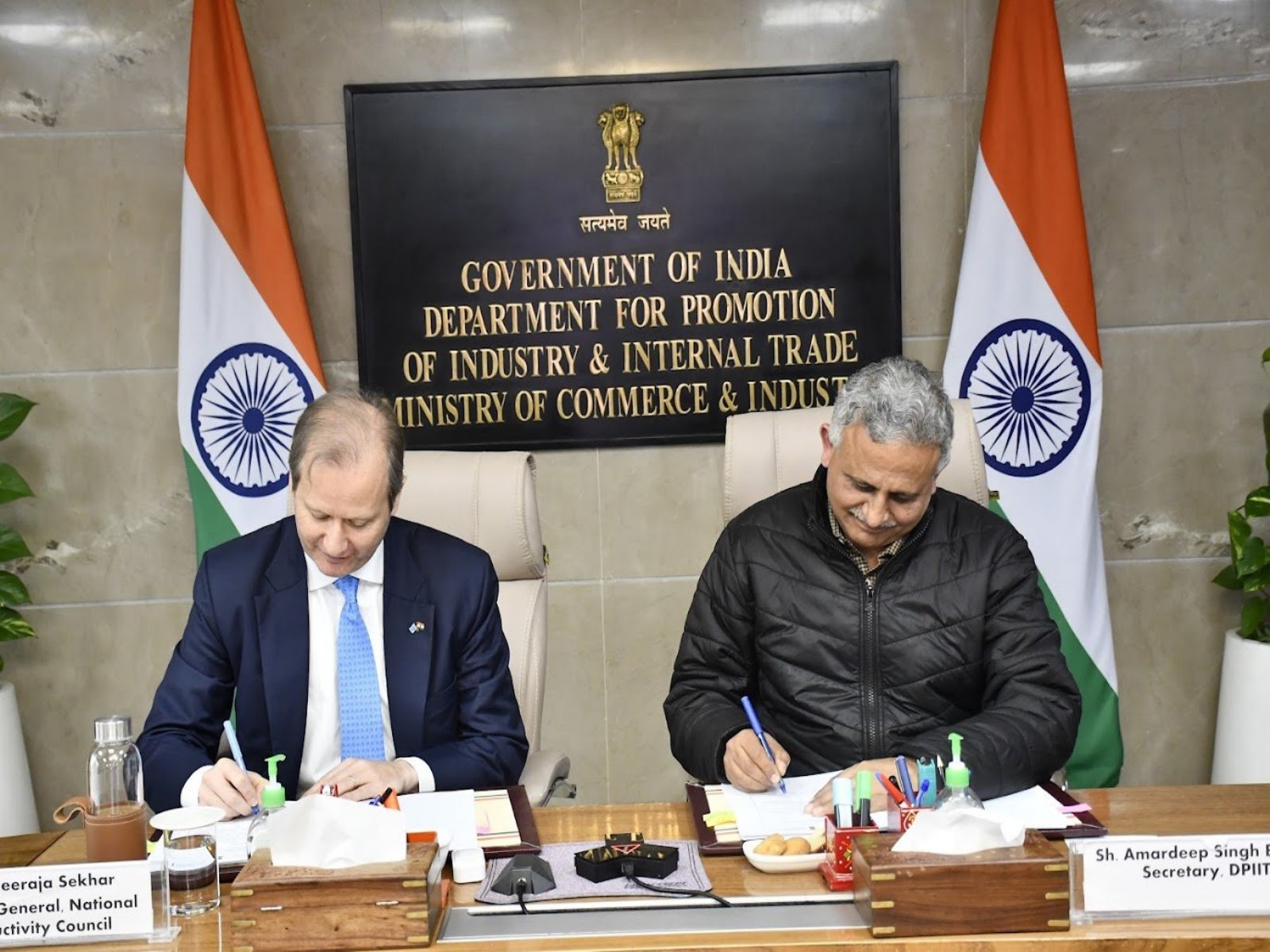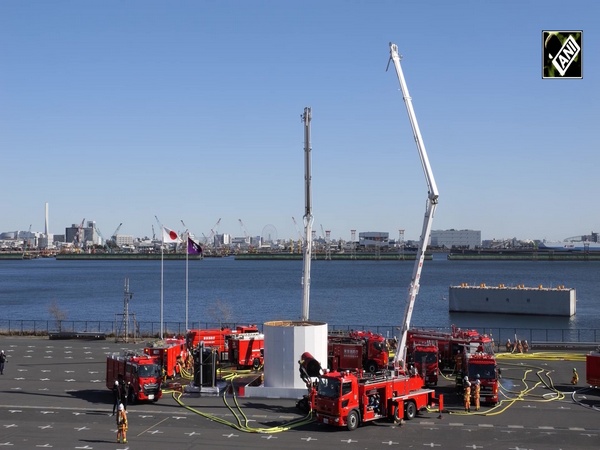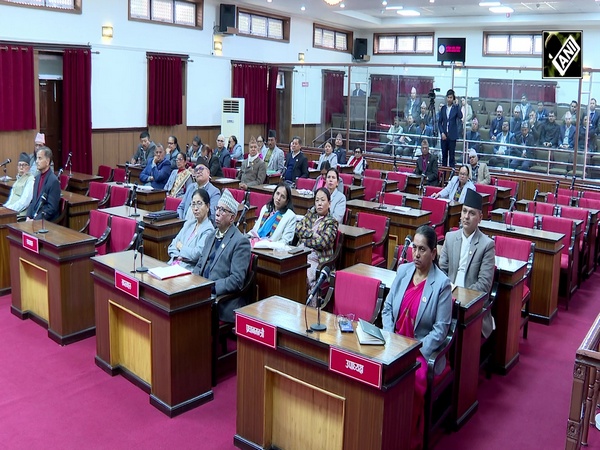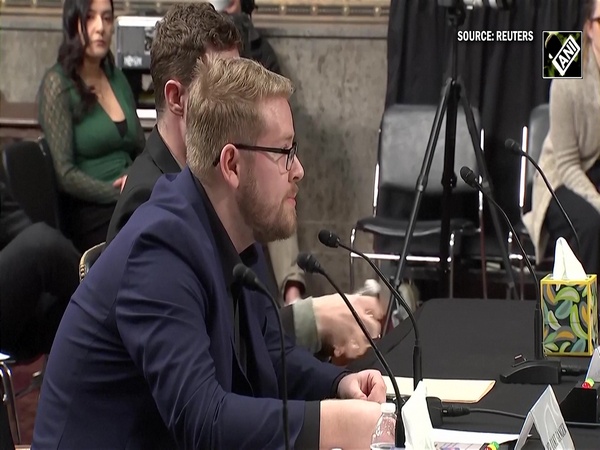Air passenger demand in A-Pac stays suppressed: AAPA
Mar 30, 2021

Kuala Lumpur [Malaysia], March 30 : Preliminary traffic figures released by the Association of Asia Pacific Airlines (AAPA) show international air traffic demand remaining at depressed levels as a result of continued border restrictions.
Meanwhile, robust export activity amid improving global business confidence boosted demand for air cargo.
Overall, international passenger demand worsened in February as fears over the spread of Covid-19 variants prompted the imposition of additional layers of border control measures.
In aggregate, the region's airlines carried only 1.2 million international passengers, representing just 6.3 per cent of the 18.3 million passengers recorded in the same month last year when air travel demand was already slowing due to intensifying spread of Covid-19 across the world.
Available seat capacity was 14.9 per cent of levels registered last year while the average international passenger load factor of 24.8 per cent for the month underscored extremely weak demand conditions.
For the region's carriers, international air cargo demand as measured in freight tonne kilometres climbed 7.6 per cent higher compared to the same month last year on the back of an acceleration in trade activity.
Meanwhile, the grounding of many passenger aircraft fleets as well as disruptions to container shipping led to additional pressure on limited air freight capacity.
In February, offered freight capacity declined by 9.2 per cent year-on-year despite increased utilisation of dedicated freighter aircraft supplemented by additional cargo-only passenger flights.
As a result, the international freight load factor recorded an 11.1 percentage point increase to average 71.7 per cent for the month.
AAPA Director General Subhas Menon said during first two months of the year, Asian airlines carried just 4 per cent of the number of international passengers that flew in the corresponding months of 2019, before the pandemic decimated travel.
"Air cargo remains the single bright spot for the Asian carriers. International air cargo demand for first two months of the year was 2.2 per cent higher than in 2019. Nevertheless, cargo revenue could not offset the collapse in passenger revenue. With travel markets shuttered by border closures, airlines will require further government support to weather the crisis."
Menon said the rebound in economic activity is progressing globally while travel and tourism sectors continue to be severely curtailed by differing travel requirements and restrictions with the unpredictability of further changes.
"The region's airlines are focusing efforts in digitalising the travel process, including utilising technologies that aid governments and travellers in managing health credentials securely and efficiently. The latest updates to the ICAO CART guidelines are a further positive step towards safe resumption of international air travel."
Menon said the AAPA calls on governments to fully embrace the guidelines and collaborate with one another to ensure that travel requirements are harmonised for convenience of travelling public.
